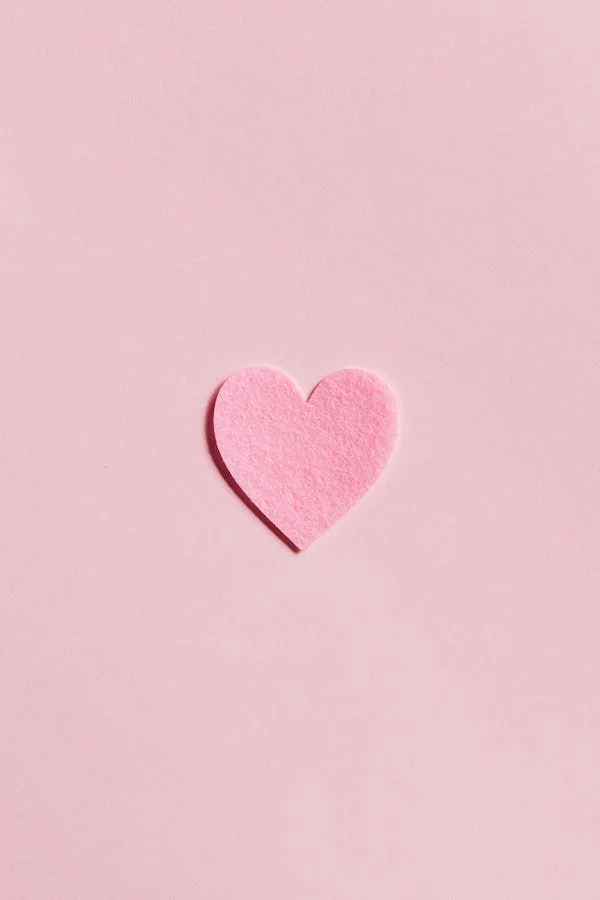This is a topic that feels like it’s cut and dry. If you’re a pacifist, like Mahatma Gandhi, this is an easy question to answer. You should love your enemy because everyone’s life is infinitely valuable. On the other hand, people who relate to Roddy Piper might say somehting about being all out of bubblegum and having to kick… well you know the rest of that line.
But for those in the middle, let’s walk through some ideas to help this question percolate in your mind.
Proverbs 25:21 states, “If your enemy is hungry, give him food to eat; if he is thirsty, give him water to drink.” This tells us that showing compassion to our enemies is far more important than trying to enact vengeance upon them, or leaving them to suffer.
Matthew 5:43-44 states, “You have heard that it was said, ‘Love your neighbor and hate your enemy.’ But I tell you, love your enemies and pray for those who persecute you.” This excerpt reverses the concept of “loving your neighbors and hating your enemy,” that was prevalent in Jesus’ day, and is still common in modern times. Jesus even commands us to view our enemies as our neighbors in Luke 10:25-37, since Jewish people viewed Samaritans as tainted and actively chose to disassociate from them.
With that being said, there is another aspect of enemies that I want to bring to the table: Hating someone is an intimate act.
I know that sounds kind of backwards, but I promise this makes sense. Society uses hate too loosely these days. After someone breathes too loudly, doesn’t hold the door open, or has a weird laugh, it is not uncommon to say something like “I hate that person,” later while complaining to friends.
However, that is technically not the correct way to use the word hate. Hate, according to Merriam-Webster, means “extreme dislike or disgust.” There is no reason to hate someone for not holding the door open. That transgression will be forgotten at the end of the day. A better way to describe it is that you were inconvenienced.
To hate something is to extraordinarily dislike something. The distaste has to stand out from the ordinary day-to-day thoughts. You can’t hate something and then forget about it because you moved on. That hatred has to burn inside your brain so brightly that you can’t ignore it. If you hate someone, you constantly think about them. Sounds pretty intimate to me.
If I haven’t lost you yet, buckle up because the English major is about to nerd out about imagery.
Fire, in all its glory and destruction, is an image that is firmly embedded within the human psyche. Taming the flames allowed our ancestors to cook food. According to primatologist Richard Wrangham, cooking is a key factor in human evolution. With cooked food, ancient humanoids were able to start to consume calories more efficiently. Cooked food is also softer than raw food, which meant jaw muscles did not have to be so bulky and powerful in order to survive. As jaw muscles became smaller, the skull was granted more room to allow brain development to flourish.
Fire is a primal factor of humanity, which makes sense that it is often used to symbolize two of the most powerful—and human—emotions.
Hatred is often characterized as a powerful, raging inferno. There is the cliché of hating someone with a “burning passion.” Using the word “burning” implies there is a latent hurting present in the hatred.
On the contrary, love is often equated to a warm, tender and illuminating flame. Pablo Neruda, a Chilean poet-diplomat who won the 1971 Nobel Prize in Literature, stated, “To feel the love of people whom we love is a fire that feeds our life.”
The fire within us that fuels hatred hurts ourselves and those around us, while the fire that fuels our ability to love does the opposite. However, I would like to assert the idea that these are not separate flames.
Hate and love are the same fire, a dynamic that ebbs and flows. The sparks of love can erupt into a vortex of flames, the same way the blaze can die down to be soothing embers to stave off the cold.
There’s a reason enemies to lovers is such a common trope. The blaze softens to a warm light. It’s endearing when Elizabeth Bennet starts to understand and eventually marry Mr. Darcy.
The aforementioned love does not have to be romantic, it can be respect or friendship. The reversal of the enemies to lovers trope is commonly demonstrated with the latter forms of love, like Obi-Wan Kenobi and Anakin Skywalker.
Taking the idea of enemies showing great respect for each other, some of the most impactful parts of a fight are the ones that showcase that exact concept. John Donahue, stage combat coordinator and professor of Eastern’s course titled “Unarmed Combat for the Actor,” always tells us to look into our partner’s eyes during class. It’s more impactful, it shows the seriousness of the fight by cementing the fighters in the battle against each other. Like a master assassin watching the life drain out of his target’s eyes as he sinks the blade deeper into the heart, it’s more intimate that way.
If you disagree with any of my reasoning then I raise you the ultimate explanation—You should love your enemy because God said so.

